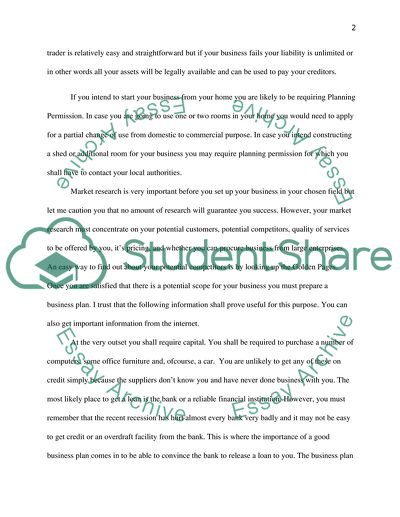Cite this document
(Worldwide Tax Ireland Tax Deductions Essay Example | Topics and Well Written Essays - 3000 words, n.d.)
Worldwide Tax Ireland Tax Deductions Essay Example | Topics and Well Written Essays - 3000 words. Retrieved from https://studentshare.org/macro-microeconomics/1573048-taxation
Worldwide Tax Ireland Tax Deductions Essay Example | Topics and Well Written Essays - 3000 words. Retrieved from https://studentshare.org/macro-microeconomics/1573048-taxation
(Worldwide Tax Ireland Tax Deductions Essay Example | Topics and Well Written Essays - 3000 Words)
Worldwide Tax Ireland Tax Deductions Essay Example | Topics and Well Written Essays - 3000 Words. https://studentshare.org/macro-microeconomics/1573048-taxation.
Worldwide Tax Ireland Tax Deductions Essay Example | Topics and Well Written Essays - 3000 Words. https://studentshare.org/macro-microeconomics/1573048-taxation.
“Worldwide Tax Ireland Tax Deductions Essay Example | Topics and Well Written Essays - 3000 Words”, n.d. https://studentshare.org/macro-microeconomics/1573048-taxation.


